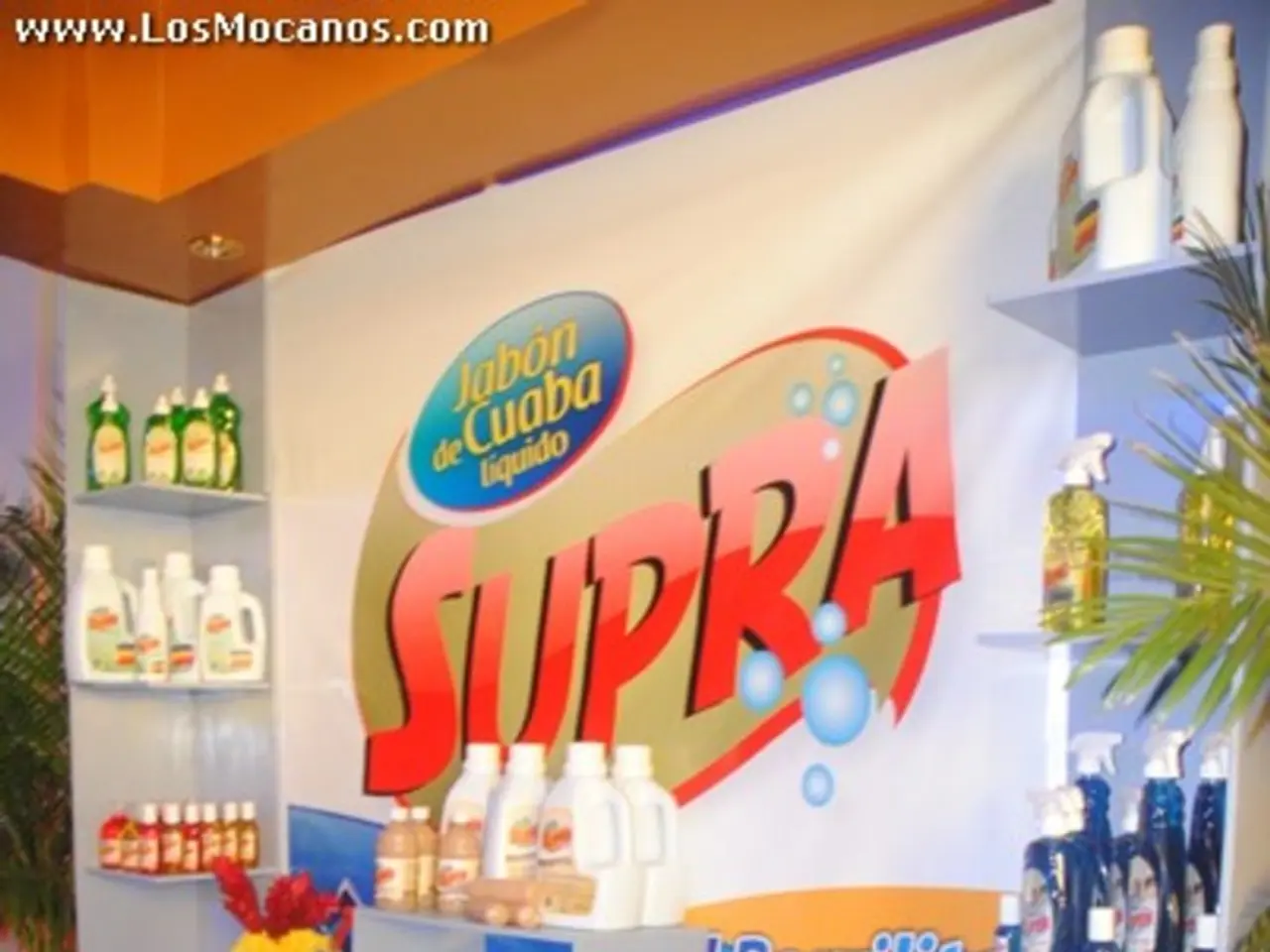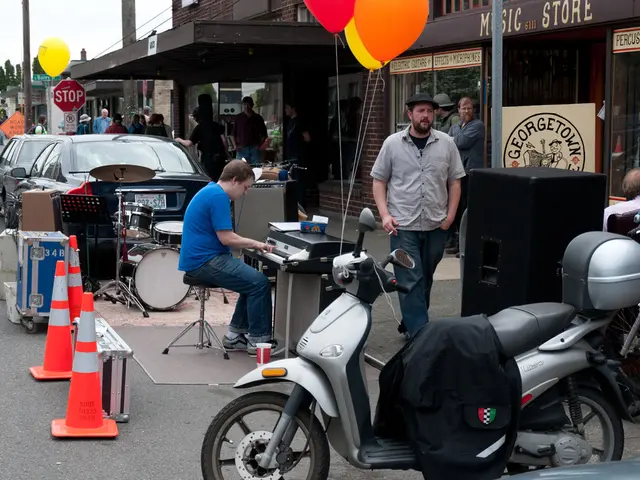Escalating opulence in America: Attracting consumers in untapped sectors and crafting refined shopping environments
Luxury Retail Market Booms Post-Pandemic
The luxury retail market is experiencing a surge in growth, with e-commerce sales now accounting for more than 20% of luxury sales - double the market penetration of 2016. This rapid expansion is expected to continue, as luxury brands continue to innovate and expand their presence in the retail landscape.
The ultra-wealthy households, who have been coined as "revenge spenders," are splurging on goods and experiences as physical office spaces, travel, and special events return post-pandemic. This pent-up demand has contributed to the 47% growth of the luxury market in 2021 compared to 2019.
The U.S., with its 22 million individuals boasting a net worth over $1 million, is a prime market for luxury brands. To appeal to a younger demographic, luxury brands are collaborating with mainstream brands, such as Adidas with Prada, Gucci with North Face, and Balmain with Barbie.
Traditional luxury retail markets like New York, Chicago, Los Angeles, and San Francisco are facing competition from sunbelt states like Texas, Florida, Arizona, and North Carolina. Luxury retailers are expanding into new locations, with brands like Brunello Cucinelli opening appointment-only stores in New York City and pop-up stores testing new concepts and locations.
The metaverse is also proving to be a valuable platform for luxury brands. Louis Vuitton, Burberry, and Dolce & Gabbana have sold exclusive couture items through the metaverse, while brands are finding success in the metaverse by partnering with platforms like Roblox to create customized experiences and sell digital accessories.
Alanna Loeffler, who leads Cushman & Wakefield's Digitally Native Brands team, states that the metaverse allows brands to create and test exclusive assortments, build deeper consumer engagement, and amplify their voice.
Luxury retailers are focusing on creating artful retail experiences to drive consumer engagement. Brands are leveraging all channels to engage consumers, including in-store and online experiences, and understanding how to create desirable products and build brand loyalty.
The luxury sector is expected to expand another 8.5% this year and cumulatively more than 20% by 2025. Luxury brands are opening new store locations in cities like Austin, Columbus, New Orleans, St. Louis, Nashville, Atlanta, and Philadelphia.
However, the luxury brand planning to open a store in Philadelphia in 2022 is not mentioned in the provided search results. Meanwhile, Gentle Monster's flagship store in Santa Clara features life-size robots to showcase their future-focused brand values.
As the luxury retail market continues to evolve, it's clear that creativity, innovation, and a focus on the consumer experience will be key to success.








